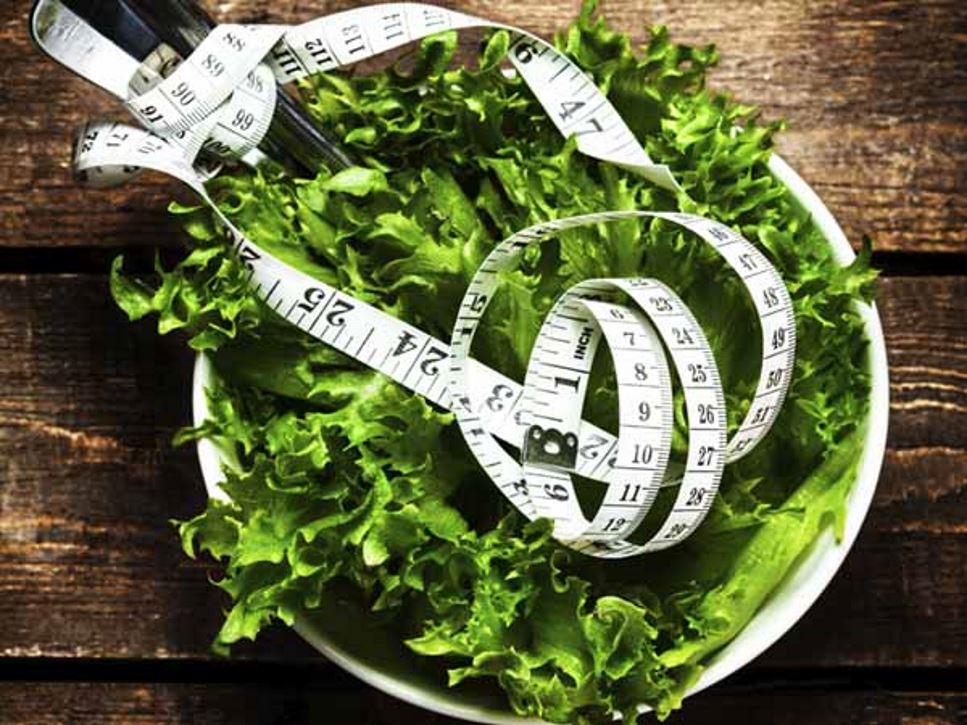With all the focus on weight in our society, it isn't surprising that millions of people fall prey to fad diets and bogus weight-loss products. Conflicting claims, testimonials and hype by so-called "experts" can confuse even the most informed consumers. The bottom line is simple: If a diet or product sounds too good to be true, it probably is.
There are no foods or pills that magically burn fat. No "super foods" will alter your genetic code. No products will miraculously melt fat while you watch TV or sleep. Some ingredients in supplements and herbal products can be dangerous and even deadly for some people.
Steer clear of any diet plans, pills and products that make the following claims:
Rapid Weight Loss
If you lose weight quickly, you may lose more muscle than fat. You also will be more likely to regain the pounds and be at risk of hair loss, dehydration and gallstones. Instead, focus on eating in a way that helps you feel nourished, satisfied and energized.
Quantities and Limitations
Ditch diets that limit most foods and promote unlimited quantities of specific foods, such as grapefruit and cabbage soup. It's boring to eat the same thing over and over, and it's hard to stick with monotonous plans. Avoid any diet that eliminates or severely restricts entire food groups or macronutrients, such as carbohydrates. Even if you take a multivitamin, you'll still miss some critical nutrients.
Specific Food Combinations
There is no evidence that combining certain foods or eating foods at specific times of day will help with weight loss. Eating the "wrong" combinations of food doesn't cause them to turn to fat immediately or to produce toxins in your intestines, as some plans claim.
Rigid Menus
Life is already complicated enough. Limiting food groups or following rigid meal plans can be an overwhelming, unpleasant task. With any new diet, always ask yourself: "Can I eat this way for the rest of my life?" If the answer is no, the plan is not for you.
No Need to Exercise
Regular physical activity is essential for good health. The key to success is to find physical activities that you enjoy and then aim for 30 to 60 minutes of activity on most days of the week.
If you want to build strength, the best path is a lifelong combination of nutritious eating and regular strength-building physical activity. For a personalized plan tailored to your lifestyle and food preferences, consult a registered dietitian nutritionist. An RDN can help you find and maintain a realistic, flexible eating style that helps you feel and be your best.
Find a Nutrition Expert
Looking for credible nutrition information and recommendations? The Academy of Nutrition and Dietetics' network of credentialed food and nutrition practitioners are ready to help!

